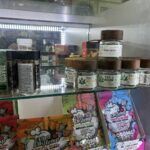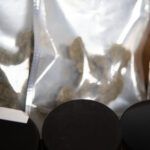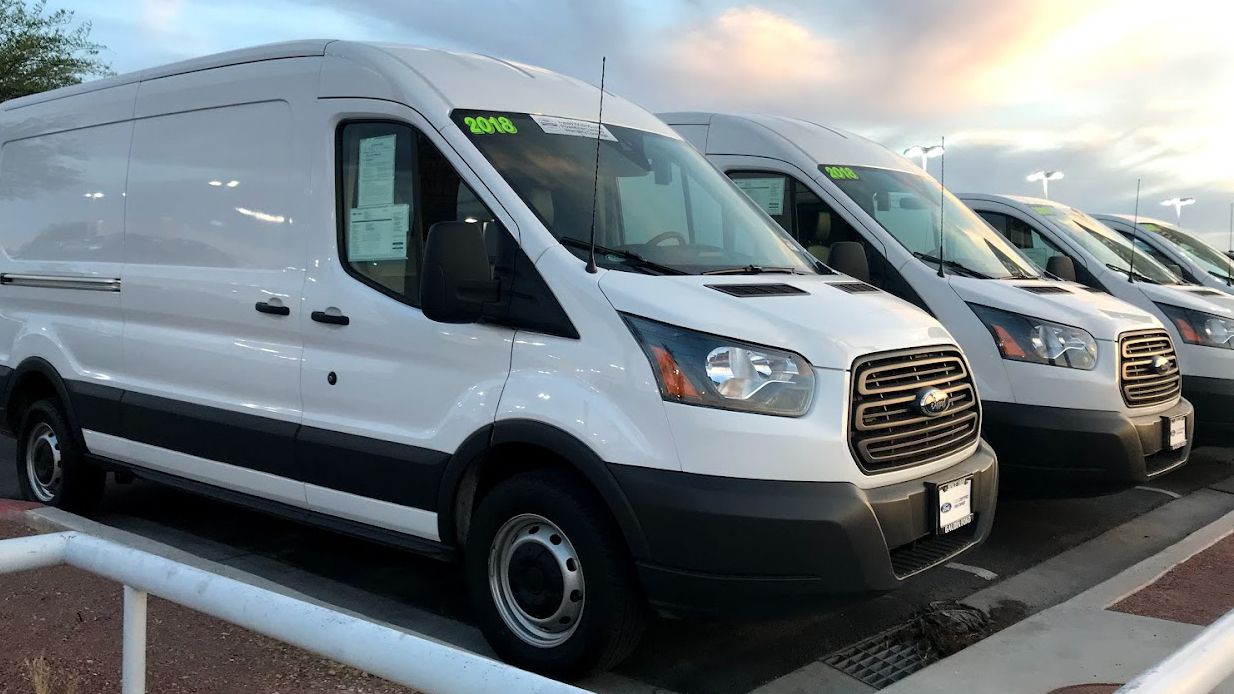In Florida’s medical cannabis industry, products move through a tightly regulated supply chain before reaching dispensary shelves. Distribution and logistics companies play a pivotal role, ensuring compliance, product integrity, and timely delivery.
Cultivation (3–6 months)
The journey begins with cultivation, which spans germination, vegetative growth, flowering, harvesting, drying, and curing. Germination to the end of the vegetative stage typically takes 2–3 months, depending on the methods employed (indoor, greenhouse, or outdoor). Flowering lasts another 6–12 weeks, based on strain characteristics. Drying and curing add another 1–3 weeks, as proper moisture reduction is crucial to prevent mold and preserve potency.
Processing & Manufacturing (2–6 weeks)
After drying, products undergo trimming and may be processed into extracts, edibles, or concentrates. Extraction and formulation require specialized equipment and strict handling protocols. Packaging and labeling follow rigorous state regulations, with timelines varying based on processing volume and the complexity of products.
Testing (3–7 days)
Before distribution, all products must undergo quality assurance in state-approved labs. Testing includes potency, pesticide residues, microbial contamination, and residual solvents. Sample turnaround times in Florida range from 3 to 7 days, influenced by lab capacity and state-mandated prioritization.
Distribution & Logistics (1–5 days within Florida)
Once packaged and tested, logistics firms—often licensed third-party distributors or vertically integrated operators—assume responsibility. In Florida, an MMTC (Medical Marijuana Treatment Center) with a distribution (Type 11) license oversees secure transport, storage, and final delivery to dispensaries.
- Order Preparation: Products are pulled from secure warehousing, typically same‑day or next‑day depending on order volume and scheduling.
- Transport: Florida’s major population centers—Miami, Orlando, Tampa, Jacksonville—are serviced within 1–3 days. Rural or out-of-region deliveries may extend to 4–5 days.
- Track‑&‑Trace Compliance: All shipments are monitored via the state’s seed‑to‑sale system, ensuring transparency and legal accountability.
Retail Receipts & Shelf Life Management
Upon arrival, dispensaries conduct routine QC checks—verifying packaging integrity, testing expiration dates, and finalizing inventory entries. Products are then shelved, where they may remain for weeks depending on demand. Those in low turnover categories (e.g., specialty edibles) might remain stocked for 2–4 weeks; high‑demand items (e.g., popular flower strains) often move faster.
Role of Florida’s Distribution Companies
Distribution firms in Florida act as the linchpin of the supply chain:
- Regulatory Gatekeepers: By managing compliance with state packaging, labeling, and track‑&‑trace rules, distributors ensure legal product movement.
- Quality Enforcers: Some firms offer additional QC screening, checking for potency consistency, weight accuracy, and microbial safety before forwarding products.
- Logistics Providers: They coordinate secure transport routes, warehousing, order batching, and secure last-mile delivery—with temperature control for sensitive items.
- Inventory Hubs: Regional warehouses reduce delivery time to upwards of 70 licensed dispensaries. These hubs streamline order fulfillment and serve as inventory buffers when cultivation output fluctuates.
Total Lead Time Summary
Here’s a sample accumulation of timeframes:
- Cultivation: 4–6 months
- Processing & Packaging: 2–6 weeks
- Testing: 3–7 days
- Distribution: 1–5 days
- Retail Arrival & Shelf Stocking: same day to 1 week
Ultimately, from seed to shelf, the full cycle takes approximately 5 to 7 months. From harvest to actual storefront display, the supply chain moves relatively swiftly—within 4 to 8 weeks—depending on processing speed, testing turnaround, and delivery schedules.
Why This Timeline Matters
- Product Integrity: Curing, testing, and controlled transportation preserve potency, safety, and taste.
- Compliance Risk: Delays in any stage—especially testing or packaging—can hold up shipments and impact retailers.
- Inventory Management: Distributors reduce operational risk by balancing inventory across demands and seasonal production lapses.
Florida’s cannabis products undergo a well‑regulated path from cultivation to consumption. The full seed‑to‑sale cycle spans around half a year, while the post‑harvest phase is typically a matter of weeks. Distribution companies play a key role in maintaining compliance, quality, and efficiency—coordinating secure transport, storage, and last‑mile delivery so dispensaries can reliably stock products.







